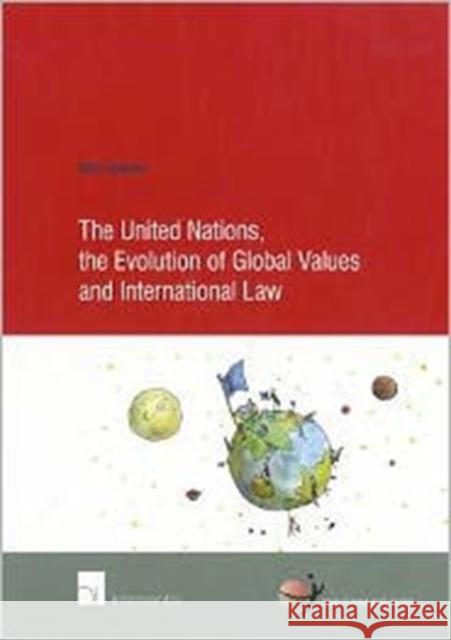The United Nations, the Evolution of Global Values and International Law: Volume 47 » książka
The United Nations, the Evolution of Global Values and International Law: Volume 47
ISBN-13: 9781780680361 / Angielski / Miękka / 2011 / 526 str.
In this book, author Otto Spijkers describes how moral values determined the founding of the United Nations Organization in 1945, and the evolution of its purposes, principles, and policies since then. A detailed examination of the proceedings of the UN Conference on International Organization in San Francisco demonstrates that the drafting of the UN Charter was significantly influenced by global moral values, i.e. globally-shared beliefs distinguishing right from wrong, good from bad, and the current from a preferable state-of-the-world. A common desire - to eradicate war, poverty, inhuman treatment, and to halt the exploitation of peoples - has led to an affirmation of the values of peace and security, social progress and development, human dignity, and the self-determination of all peoples. All these values ended up in the UN Charter. The book further analyzes how the UN, and especially its General Assembly, has continued to influence the maturing of global morality through contributions to the values debate, and to the translation of these values into the language of international law, including the law on the use of force, sustainable development, human rights, and the right to self-determination. (Series: School of Human Rights Research - Vol. 47)











